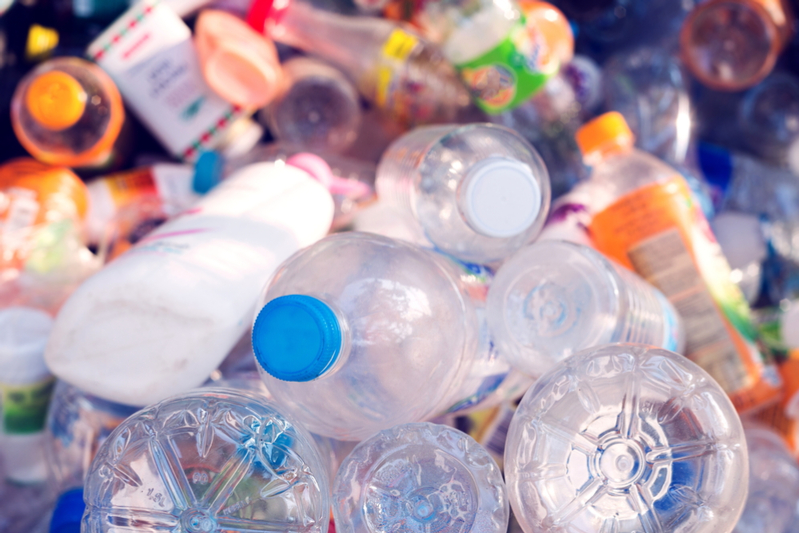Where does your business’s recycling end up?
Ever wondered where your office’s recycling goes? You might be surprised to learn that after you’ve popped your waste in the bin, it starts an exciting journey (debatable) that often sees it reused in everyday items.

Most business waste can be segregated into different materials so it can be more quickly and easily recycled. This process is either completed onsite with specialised baling and compacting equipment (such as a waste baler or compactor), or separated at a recycling facility. These processes reduce contamination to a minimum and ensure specific materials can be reused in other products and components.
To get an insight into how your waste is managed, take a look at some of the everyday items that benefit from recycled rubbish.
Paper and cardboard
Businesses receive goods in packaging daily. Whether this is thick cardboard or paper wrapping, each type of material can be used in other consumables. However, segregating and grading card is essential to ensure it can be utilised fully. Some common reuses of card and paper are:
- Cardboard is recycled to make new cardboard products
- Newspapers and magazines are reused to produce new publications
- Paper is sent to a paper mill to be recycled into other paper and packaging products
Plastic
Plastic can be a slightly complex material to recycle, as there are several types and colours to grade. Most recycling facilities will have equipment that detects different compositions so they can be reused accordingly. Some of the most common products that use recycled plastic include:
- High-density polyethylene (HDPE) is used in garden furniture and pipework such as drainage systems
- Polyethylene terephthalate (PET) goes on to create insulation materials such as sleeping bag linings and fleece garments
- Plastic bottle caps can be made into new storage containers, shopping bags, ropes and car batteries
- Plastic foam packaging can be used to make new foam packaging, as well as picture frames and building insulation
Electrical equipment
In years past, broken equipment and old components just went straight onto the scrapheap. Nowadays, most of this can now be recycled. Many electrical equipment suppliers and organisations such as WEEE Charity now offer schemes that recycle unwanted items, which means you don’t have to worry about disposal when purchasing new machinery.
Tins, cans and metals
Steel and aluminium are commonly known as a recyclable material and go on to become many items once disposed of. Once a giant magnet separates the metals, they are melted down and used in lots of products such as car parts, paperclips, machinery components and of course, new drinks cans.
What happens if you don’t use recycling facilities?
In short, your waste ends up on landfill. Not only is this damaging to the environment, but it is also affecting your bottom-line. Taxes and duties on landfill waste are higher than those of recycled waste. Simply put, there are several underlying costs in waste management but none greater than your responsibility to a sustainable future.
To find out more about how your company can make changes to your waste management practices, contact us today for a quote.